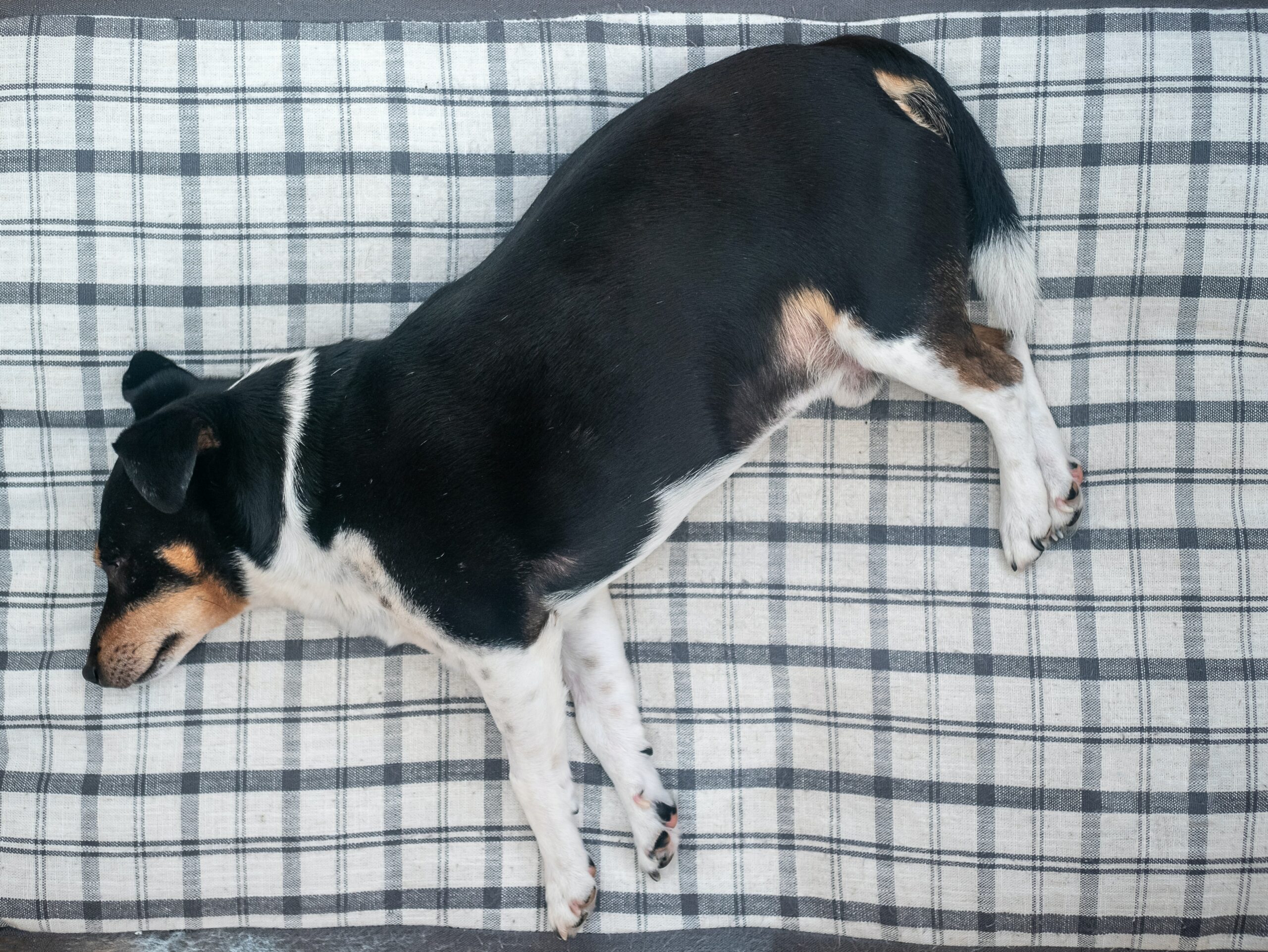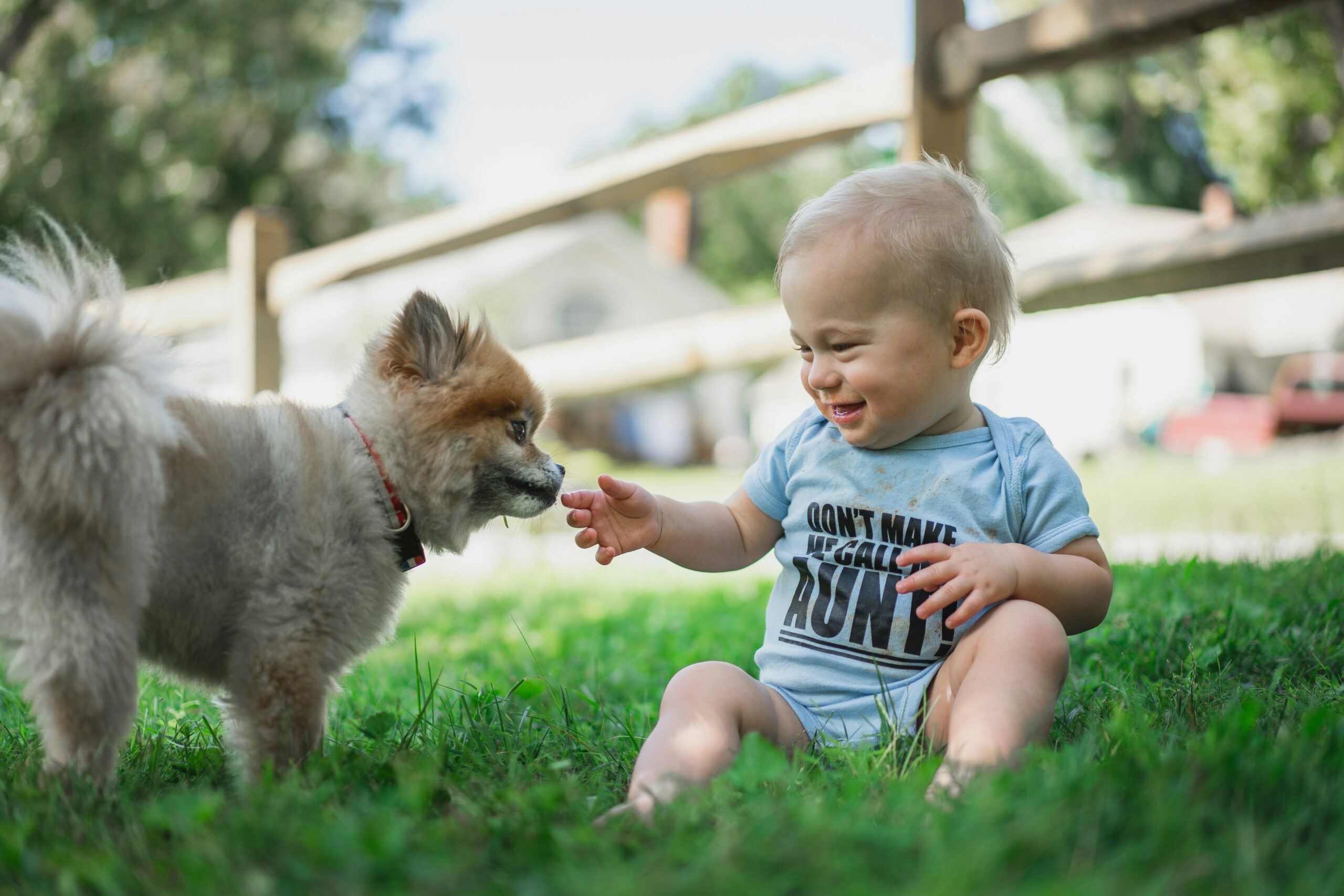Most pet owners associate the chubbiness of their pets with cuteness. However, the unhealthy risks behind fat animals often become an afterthought among pet owners. Responsible owners should be aware of the negative health conditions tied to having an overweight pet. This blog will talk about symptoms of dog obesity and various health risks of pet gain.
How Do I Tell If My Dog Is Overweight?
Differentiating dog plumpness from obesity or being overweight can be difficult. You can do a simple trick by checking the rib coverage of your dog. When you clench your fists, the flats of your fingers should be similar to what you should feel behind the shoulder blades of your dog.
Pet owners should be aware of the following signs of obesity in dogs, including:
- A Sagging abdomen
- Bigger and rounder face
- Reluctance to go for a walk
- Too much panting
- Easily getting tired
- Refusal to move
You may also ask your veterinarian what the ideal body weight your dog should have. They will categorize your pet using a body scoring system of either 1-5 (with three as normal) or 1-9 (with five as normal). Moreover, they will conduct body assessments, prescribe a healthy diet, and recommend exercises to help your dog reach its ideal weight.
Health Risks of Pet Gain
Various health risks come with overweight or obese dogs. We advise keeping them within their recommended weight range to reduce the chances of developing medical conditions or injuries. Otherwise, your dog is at risk of developing the following conditions:
Joint & Ligament Damage

It is common for overweight dogs to experience joint complications. Excess weight puts additional strain on their legs and knees, especially when standing up and walking around.
The most common ligament complication happens in their knees. It causes a tear in their anterior cruciate ligament and can be debilitating in the long run. Your dog may be required to undergo a specific surgery for its knees to heal correctly.
Decreased Stamina
The additional strain on the legs of your dog due to obesity also takes a toll on their general stamina. The extra weight means they need more energy to carry themselves even when doing simple tasks. Overweight dogs have less endurance and stamina since their usual functions require more energy.
Delayed Recovery from Anesthetics
The anesthetics used in surgery are taken up by fat. Having that additional weight makes it longer for dogs to come out of anesthesia. A liver filled with fat will not be efficient in breaking down the anesthetics, causing delayed recoveries.
Breathing Difficulties
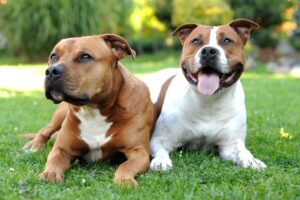
Additional fat in the body pushes against the diaphragm to separate the abdominal cavity from the chest. There is also less space in the lungs for them to expand when breathing. Too much fat tissue in the body also means the lungs need to supply more oxygen to various parts of the body. This is why obese dogs pant more frequently compared to healthy dogs.
Digestive Disorders

Overweight dogs have an increased risk of developing various digestive problems, such as constipation and intestinal gas. Poor feeding habits and lack of exercise lead to blockages and improper bowel movements.
Fatty Liver Disease
Excessive amounts of fat in the liver can result in hepatic lipidosis. This condition affects the ability of the liver to detoxify the bloodstream and turn raw fat into nutrients. Fatty liver disease can eventually result in liver failure.
Heart Disease and Increased Blood Pressure
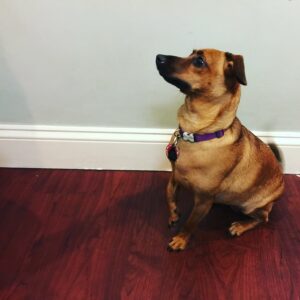
Hypertension in dogs is the increase of blood pressure that is similar to that in humans. The heart must pump additional blood to the excess body tissue, resulting in congestive heart failure.
Higher Surgical Risk
Surgical procedures are already risky and complex, and the presence of all that fat makes it a lot more challenging to get to or see the affected organ. For example, abdominal dog surgeries require creating an incision on their chest. Having inches of fat between the epidermis and the organ to be operated on makes the procedure longer and increases their risk of complications.
Increased Risk of Cancer

One of the most severe health problems that result from obesity in dogs is cancer. Some studies show that fat cells secrete adiponectin, a substance that blocks the development of cancer cells. Less adiponectin is stored when there is too much fat stored in the body, increasing the risk of cancer among obese dogs.
Skin & Hair Coat Problems

Your dog’s diet also plays a vital role in the state of its skin and coat growth. Overweight dogs are at risk of various skin and fur diseases. For example, too much oil causes various skin folds that create pockets that encourage infection.
In order to maintain healthy skin and coats, pet owners need to give their dogs a balanced diet that contains the necessary proteins, carbohydrates, fats, vitamins, and minerals. They must also get the appropriate amount of calories for their daily activities.
Weaker Immune System
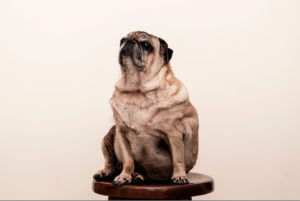
Obesity also comprises your dog’s immune system and increases its risk of various potential health problems like distemper and Salmonella.
- Distemper is caused by the paramyxovirus and affects the gastrointestinal, respiratory, skin, and nervous system of your dog.
- Salmonella is an infectious condition that can lead to infection of the blood, miscarriage in pregnant dogs, and gastroenteritis. It is also transmittable to humans.
Decreased Life Expectancy
The various health risks stated above can significantly affect your dog’s overall health and quality of life. They can’t move around and play as much nor rest and eat right. Moreover, overweight and obese dogs live a shorter life than those who are at their proper weight.
Maintain Your Dog’s Weight
Let your dog live a happy and healthy life. Help your pets have a stable weight to keep them away from multiple health conditions. Always remember that having a chubby dog is not always healthy. Visit our blog to read more about articles on taking care of a dog while living in New York City.
photo cred:
https://unsplash.com/photos/3CylfWr-lag
https://unsplash.com/photos/_siAu79dnBk
Love our content? Share it with a friend or link it to social media. Like short clips of cute household pets? Training tips? Follow us on instagram @nydognanny or on YouTube at nydognanny. Have some news you needs to get to dog and cat parents stat? Email info@newyorkdognanny.com with your article pitch.

